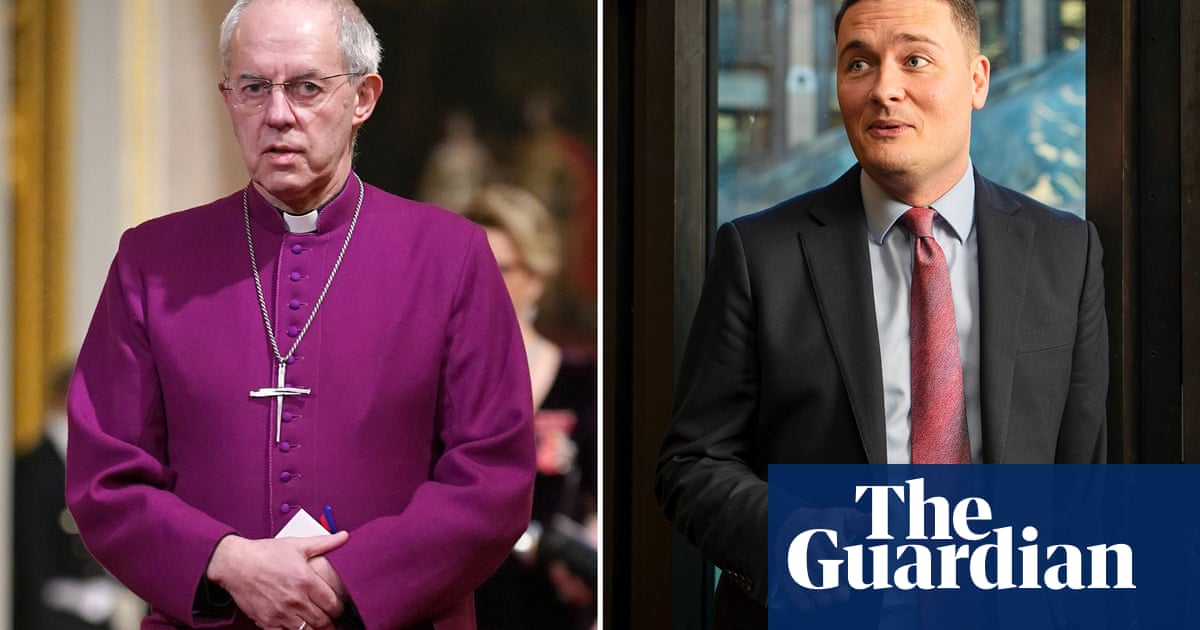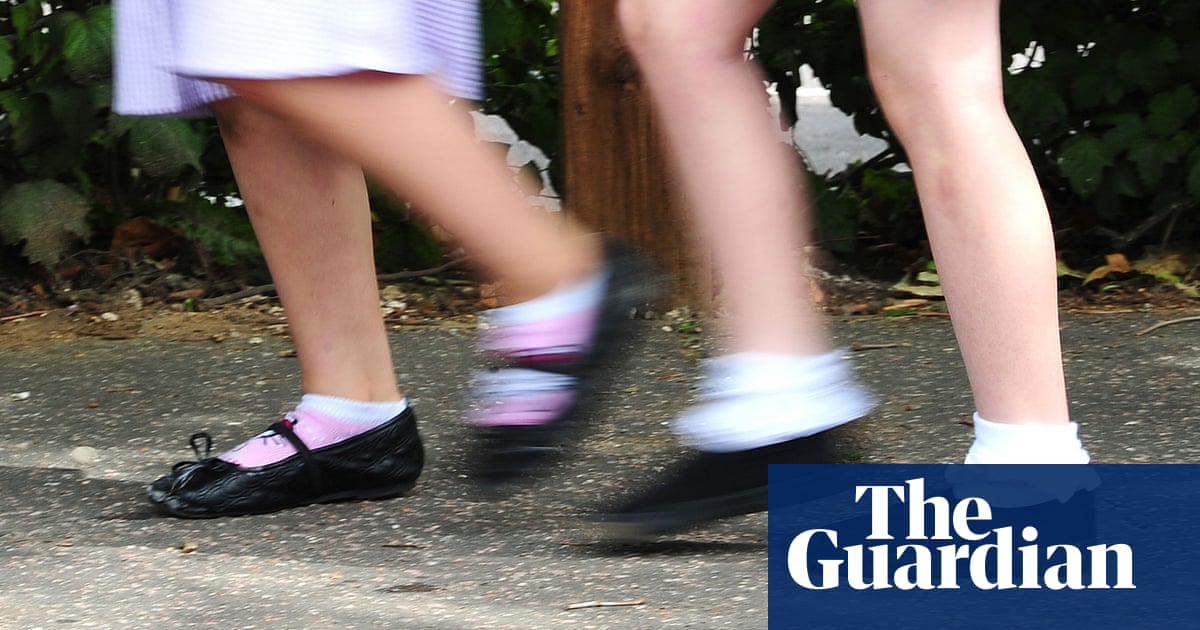
The children’s commissioners of Wales, Scotland and Northern Ireland have written to the UK government calling on it to scrap the controversial two-child limit restricting the amount that larger families can receive in social security benefits.
In the joint letter to the work and pensions secretary, Thérèse Coffey, the three commissioners – respectively Sally Holland, Bruce Adamson and Koulla Yiasouma – argue the policy is a “clear breach of children’s human rights”.
While the administrations in Cardiff, Edinburgh and Belfast have put tackling child poverty at the top of their agenda, the control of benefits such as universal credit and child tax credit is not devolved, which limits their power to make changes that could help youngsters experiencing deprivation.
Holland said: “Figures published last week highlighted that Wales has the worst child poverty rate of all the UK nations, with 31% of children living below the poverty line.
“Whilst the government here must put this front and centre of its programme of work and take bold action, there are also significant barriers only the UK government can lift.
“The tax and benefits system is harming children’s lives and prospects and that immediate action is required to significantly reduce rates of child poverty.”
Parliament’s work and pensions committee will on Wednesday hear evidence from Adamson. Speaking before the meeting, he said: “We will continue to hold our devolved governments to account but these governments can only go so far in their efforts to ensure children and their families get the support they are entitled to while this discriminatory policy also remains in force at a UK level.”
The limit, which was introduced as way of cutting £1bn a year from the welfare bill, bars parents from claiming the child element in tax credits or universal credit for third or subsequent children born after 6 April 2017. The loss of benefits is worth £2,900 per child per year.
The open letter to Coffey claims the limit breaches children’s rights to an adequate standard of living and is contributing to a rising gap in poverty levels between families with three or more children and smaller households.
It also noted that the policy also has disproportionate impacts on social groups where larger families are more common, such as some minority faith and ethnic groups and in Northern Ireland, where families are larger than the rest of the UK.
A government spokesperson said: “We are committed to supporting families that are most in need and the latest figures show that the percentage of children in Scotland, Wales and Northern Ireland living in absolute poverty has actually fallen since 2010.
“Four out of five households across the UK have two or fewer children, and this policy ensures fairness by asking families in receipt of benefits to make the same financial choices as people who support themselves solely through work. There are also careful exemptions and safeguards in place to protect people in the most vulnerable circumstances.”
Meanwhile, Labour says that more than half a million children in England became eligible for free school meals since the start of the pandemic in March, and called for the government to extend free school meals over summer to ward off holiday hunger.
According to government data and freedom of information requests to local authorities, Labour calculated that 418,000 children became eligible from March until December last year, and that number increased rapidly during the lockdown earlier this year.
Kate Green, Labour’s shadow education secretary, said: “The Conservatives have failed to support families throughout this pandemic and are now reliant on local councils to plug gaps in free school meals support throughout the holidays.”












